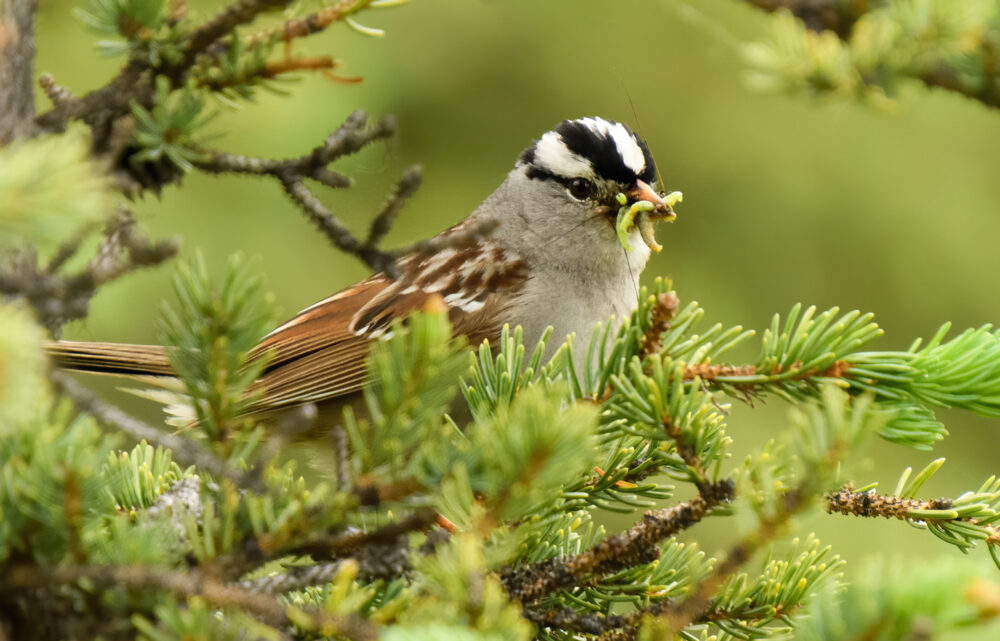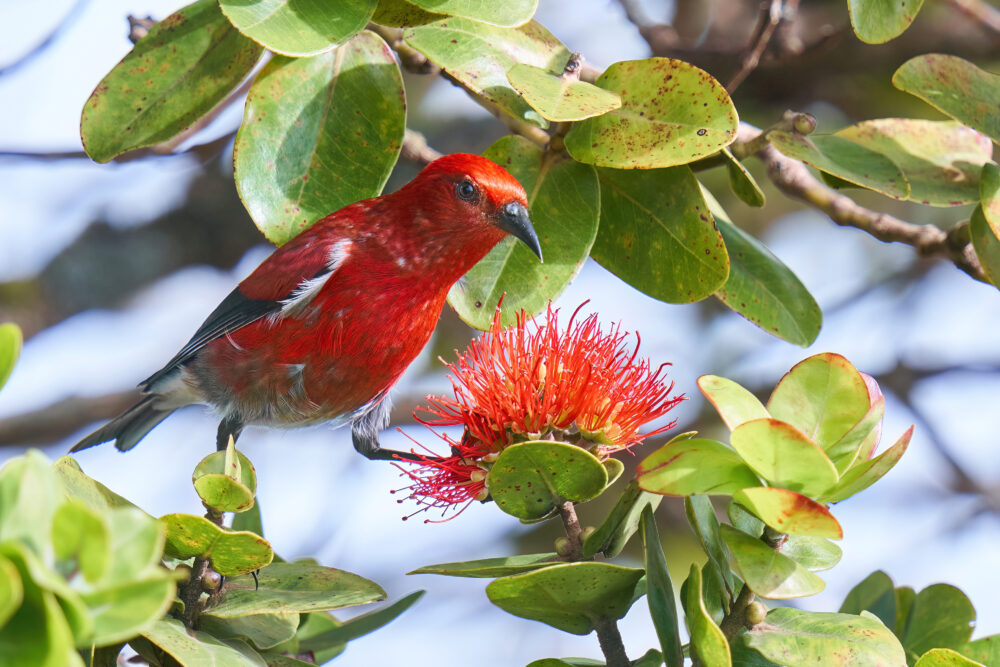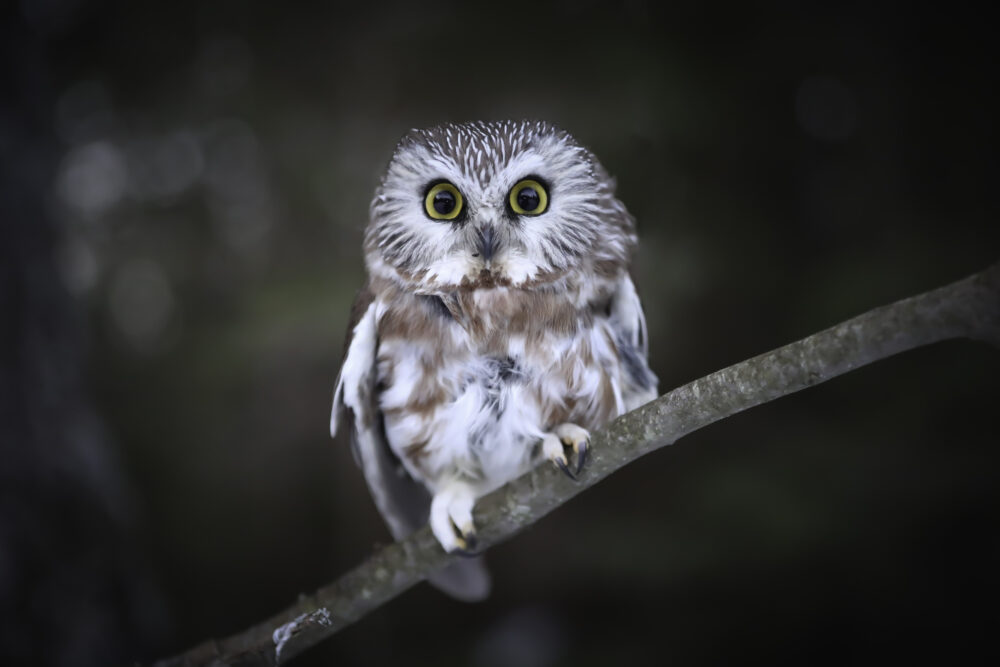We have much more to do and your continued support is needed now more than ever.
NJ Volunteers Fight to Save Piping Plovers
A National Wildlife Federation expert was quoted in a recent New York Times article on New Jersey's efforts to monitor its piping plover population:
Because piping plovers nest directly on the beach — and their feathered camouflage blends with their sandy surroundings — they can be tramped on by beachgoers, run over by dune buggies and beach-cleaning machines and harassed by pet dogs. Plovers are also unusual in that they do not feed their young. The chicks are mobile shortly after hatching and parents lead them down to the water’s edge to feed, making the chicks vulnerable to predators like foxes, seagulls and feral cats.
“A key part of the conservation effort for beach-nesting birds such as the piping plover is public awareness,” said Curtis Fisher, Northeast regional executive director for the National Wildlife Federation. “New Jersey’s volunteer program is a model for that.”
You can learn more at the NJ Division of Fish & Wildlife website!
Photo courtesy Flickr's Billtacular






















